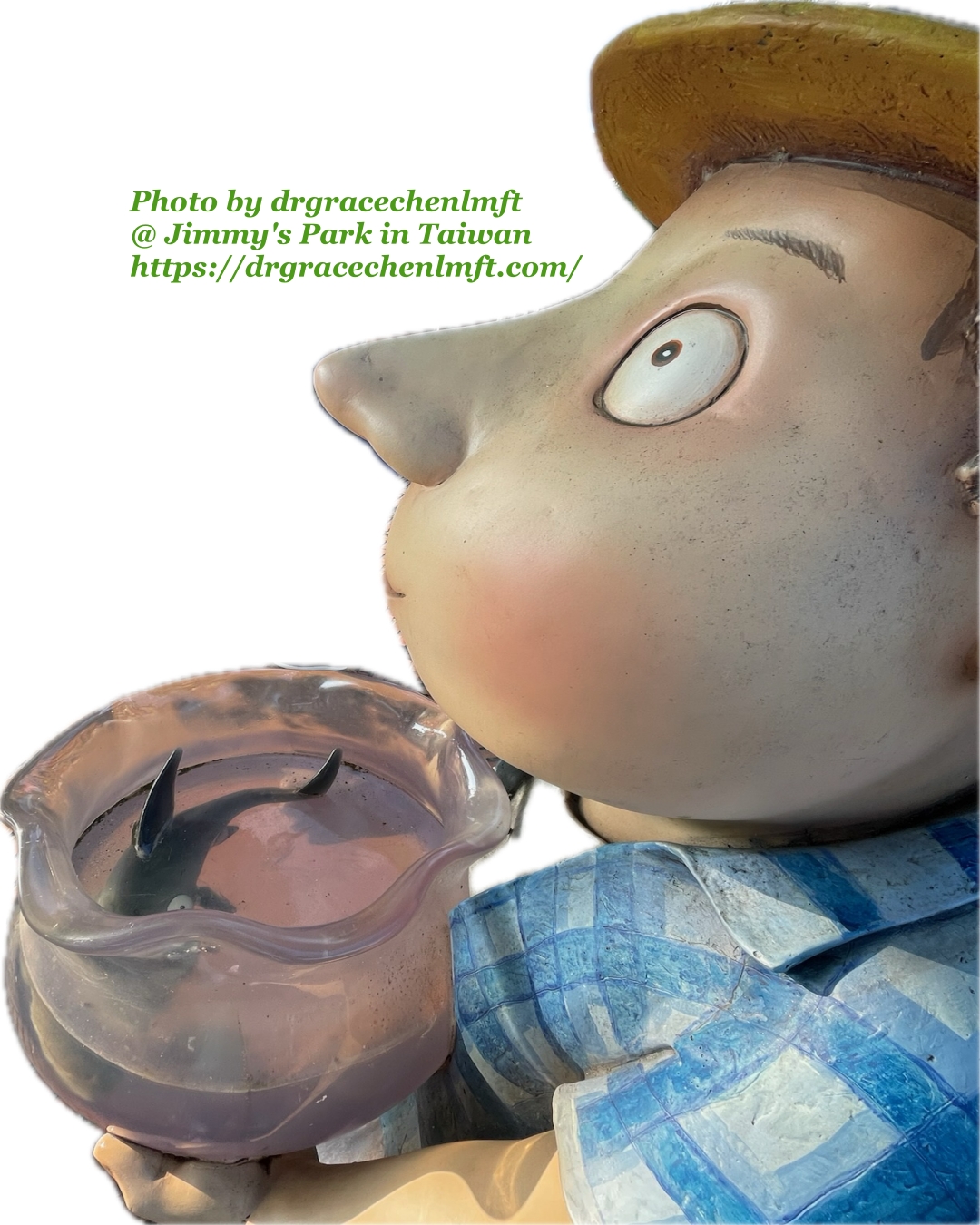Click to read Embracing Feeling Broken (Part I)
Throughout my life, I have tried hard to be perfect so that I would feel worthy of love. I have tried harder to be perfect because I don’t feel worthy, and I don’t feel my existence matters.
However, no matter how hard I tried, I became stronger and stronger, but it didn’t bring me the love and sense of worthiness I had hoped for. So, now, I had to deal with the persecutor in me who felt resentful of the people whom I tried to please and rescue but didn’t see my worth.
The issue of self-parenting is that the parent in me was a very strong rescuer to someone else. The rescuer in me tried to prove my worth through other people’s approval of my efforts. The weak victim in me contradicted the strong parent in me. If I am weak, I am not worthy. However, no one would see my value or rescue me if I was strong. Most of the time, they just saw my service, not the victim in me, which confirmed my belief that “I am unlovable.”
As I was driving home, I noticed myself saying to the author Stephanie Foo when she said that she couldn’t come up with something to say to her “puddle” except, “ I wish the puddle would go away forever, so I hope you dry up one day?” That cracked me up, and I burst into a big laugh in the car. I can’t help but the therapist in me started to say: “Gee, there is a creative child in you whom you forgot to put in your internal family map.” At the same time, I heard myself say: “It’s OK, I love your puddle. I would hold and love your puddle until you are ready to take care of your puddle.”
I was surprised by my reaction and realized that’s what I wanted to say to the poodle in me: “It’s OK. I love you no matter how weak, weary, or weepy you are. I love you just the way you are.”

From an Attachment Therapy perspective, the caregiver’s self-regulation provides the child with a map to learn to self-regulate via co-regulation with the caregiver. Therefore, inviting the client to “just trust the process” is not enough. Instead, as a clinician, I must be an attachment figure to show the client how to self-regulate. The problem is that many clinicians, including myself, didn’t know the line between a rescuer and a healthy and secure attachment figure at a certain point in my career. Therefore, when the client wasn’t able to follow the treatment model, e.g., saying nice things to the exile as a nurturing parent, the clinician became a persecutor by telling the client to trust the process.
That’s why when I heard the teacher in the guided meditation tell his client, ” You are whole,” I just had to leave. It denied the client’s experience of feeling broken and implied that “I have to feel whole” to be normal. It’s OK to feel broken because we are all broken in some way.
For years, I tried to work on my perfectionism and accept my imperfections. I tried to work on positive affirmation to believe that “I am good enough” and “I am worthy.” At that moment, I said, “I love you even when you feel like you are in a puddle.” I realized not only the true meaning of self-love but also the true meaning of imperfection. To be lovable or worthy, I don’t have to be perfect or whole. I don’t have to try harder to prove worthy or lovable. If I have to try hard to prove my worth, the children with learning disability or developmental disability have no chance at all, but they are worthy. I am worthy because there is only one me in the world. I am worthy because I can hold and love myself tight. After all, the brokenness, the strongness, the rescuer, and all the different parts of me combined make me who I am.
I think that’s why I could maintain two long-term supervision experiences. If I had learned some self-regulation skills to help myself and my clients, both of my two long-term supervisors would have played essential roles. They showed me how to confront my mistakes with kind and genuine concern. They showed me how to correct my mistakes with understanding and clear guidance, but not shaming me. I learned to sit with my discomfort (most of the time, shame) while accepting the genuine concern, guidance, and kindness of my supervisors. I gradually learned to talk about my sense of failure in the supervision session. That’s how I learned to self-regulate my failure, shame, and imperfection. That is how I learned about “I don’t have to feel whole. I need to know how to hold my brokenness.”
(Sorry for another extended writing to get to the point. How to take care of my brokenness is another issue for another discussion in another time.)
